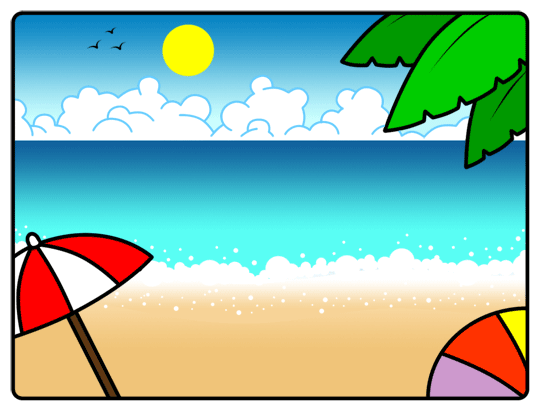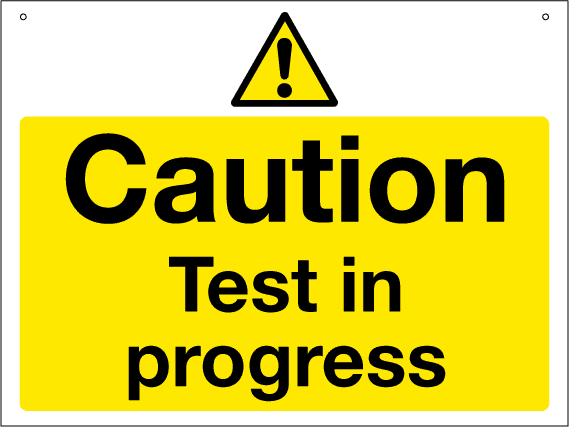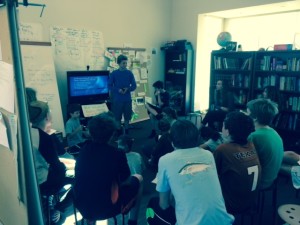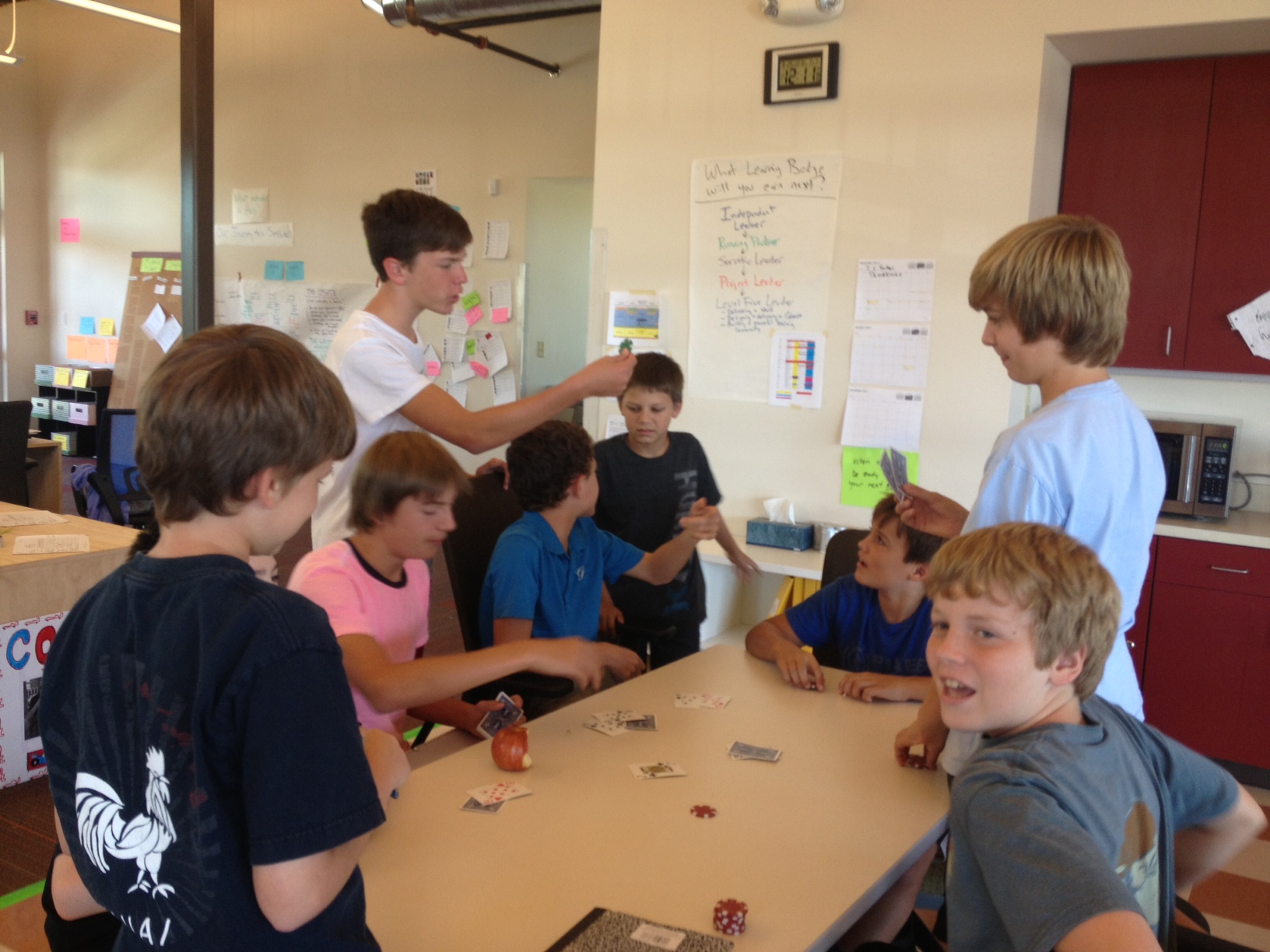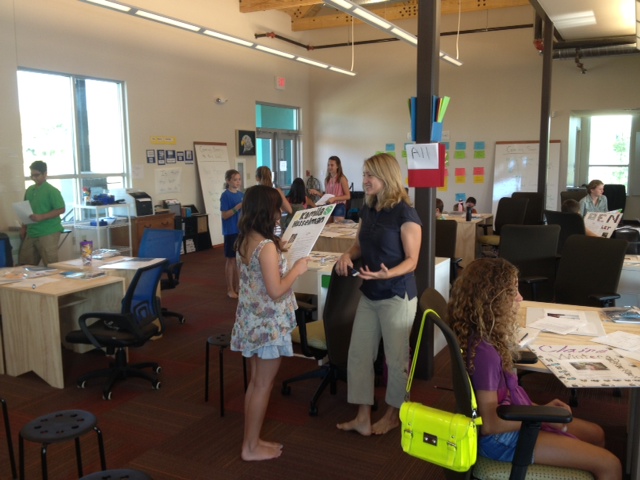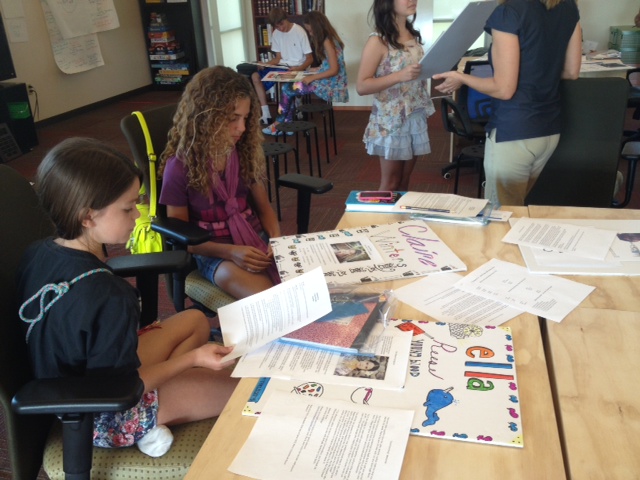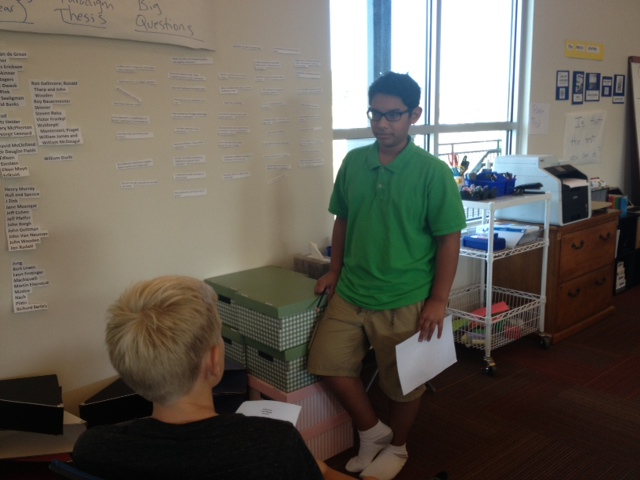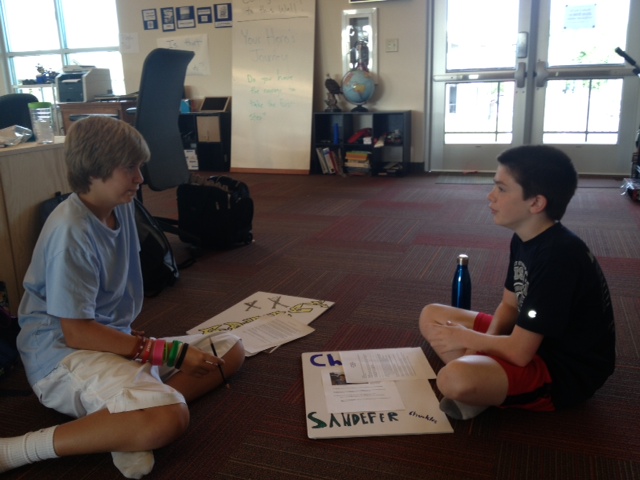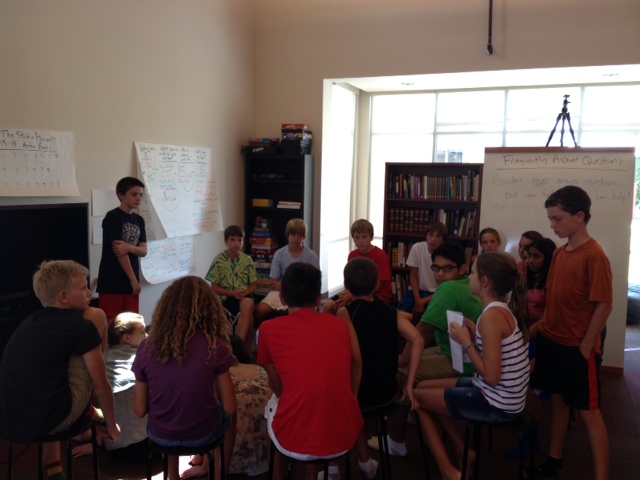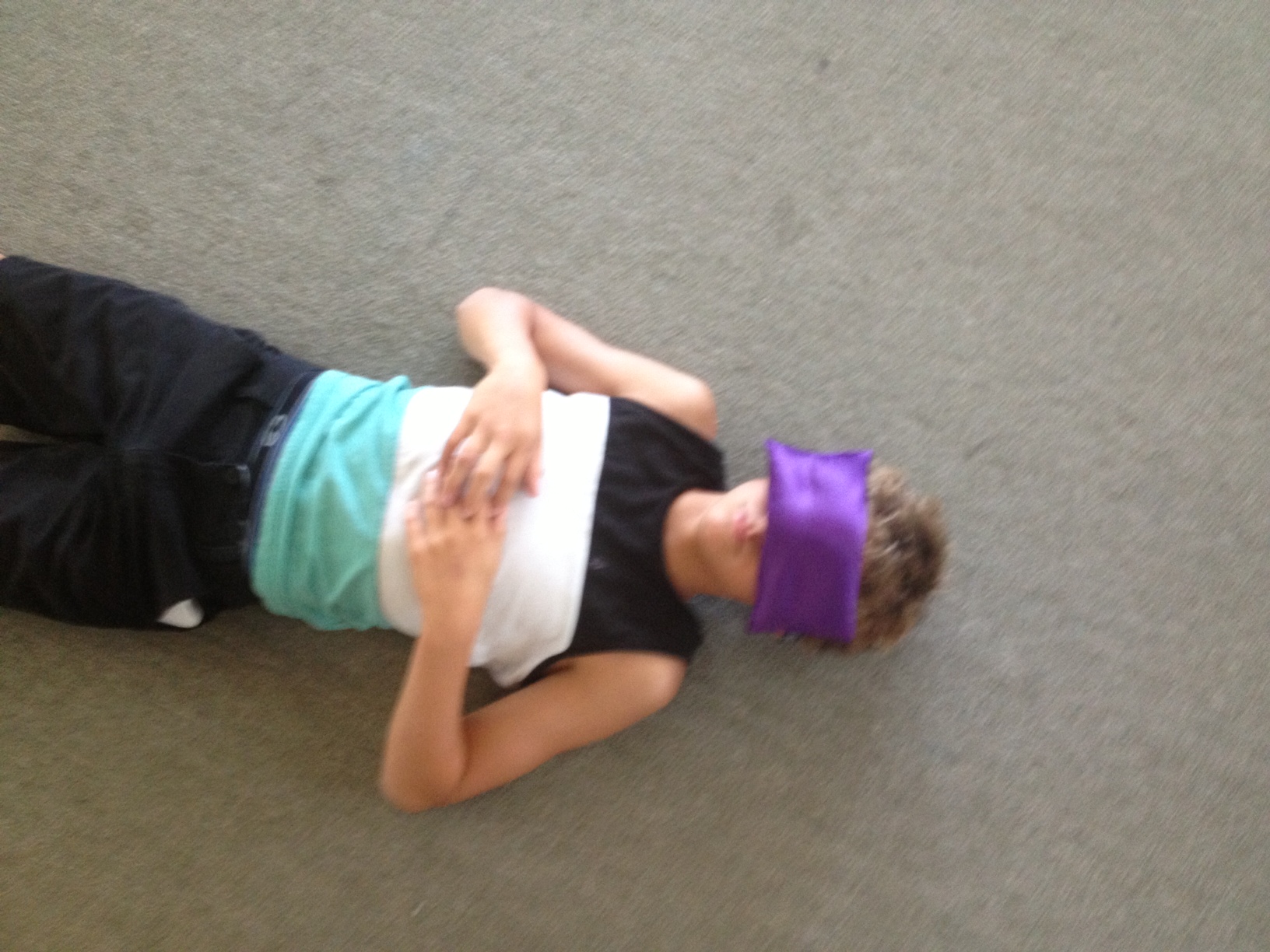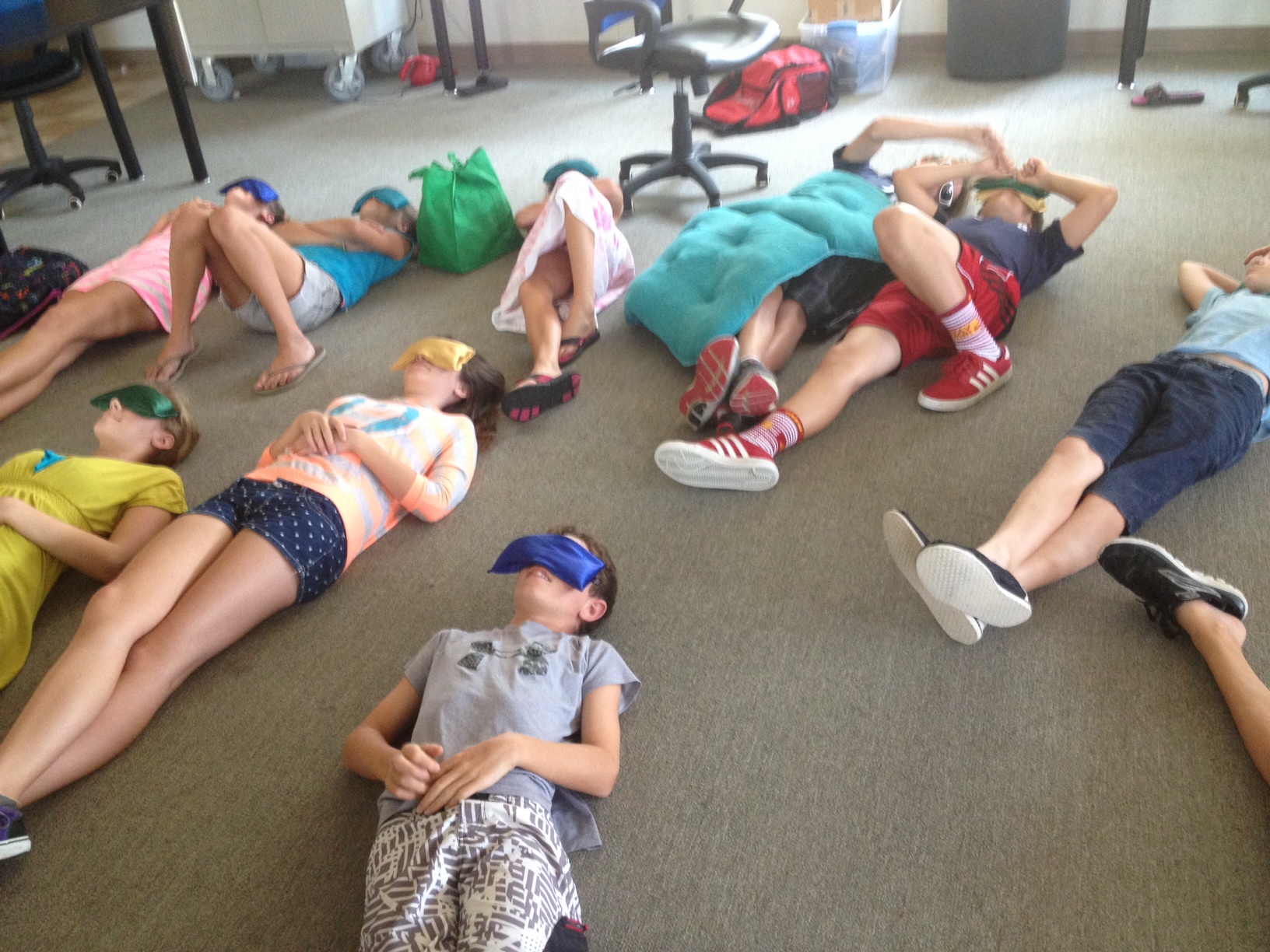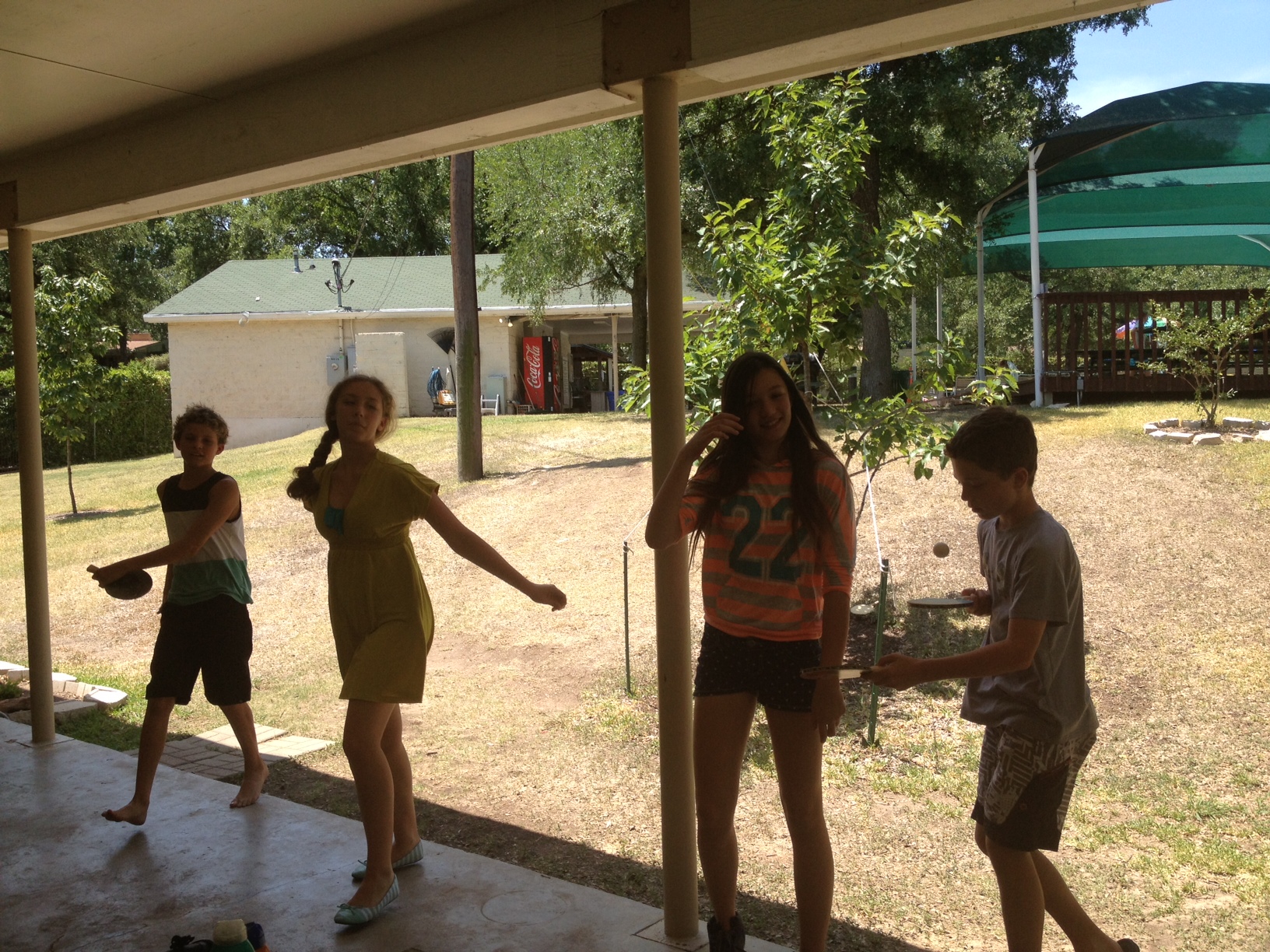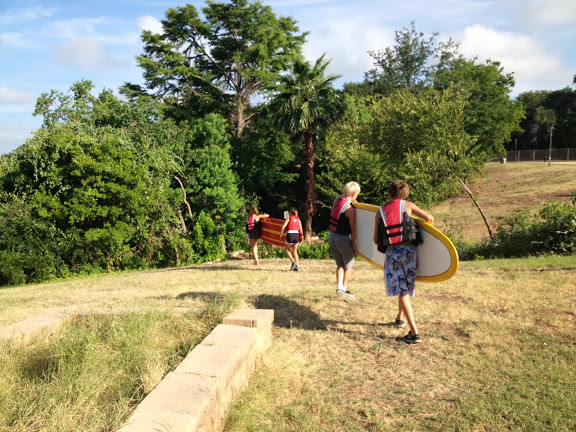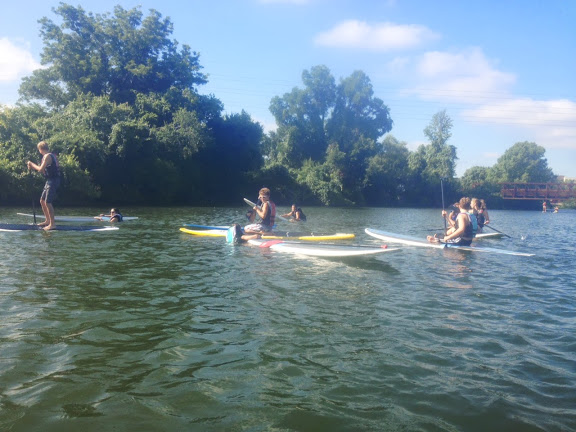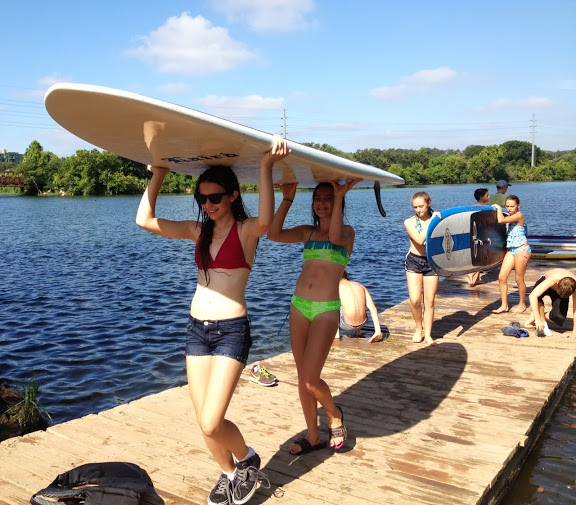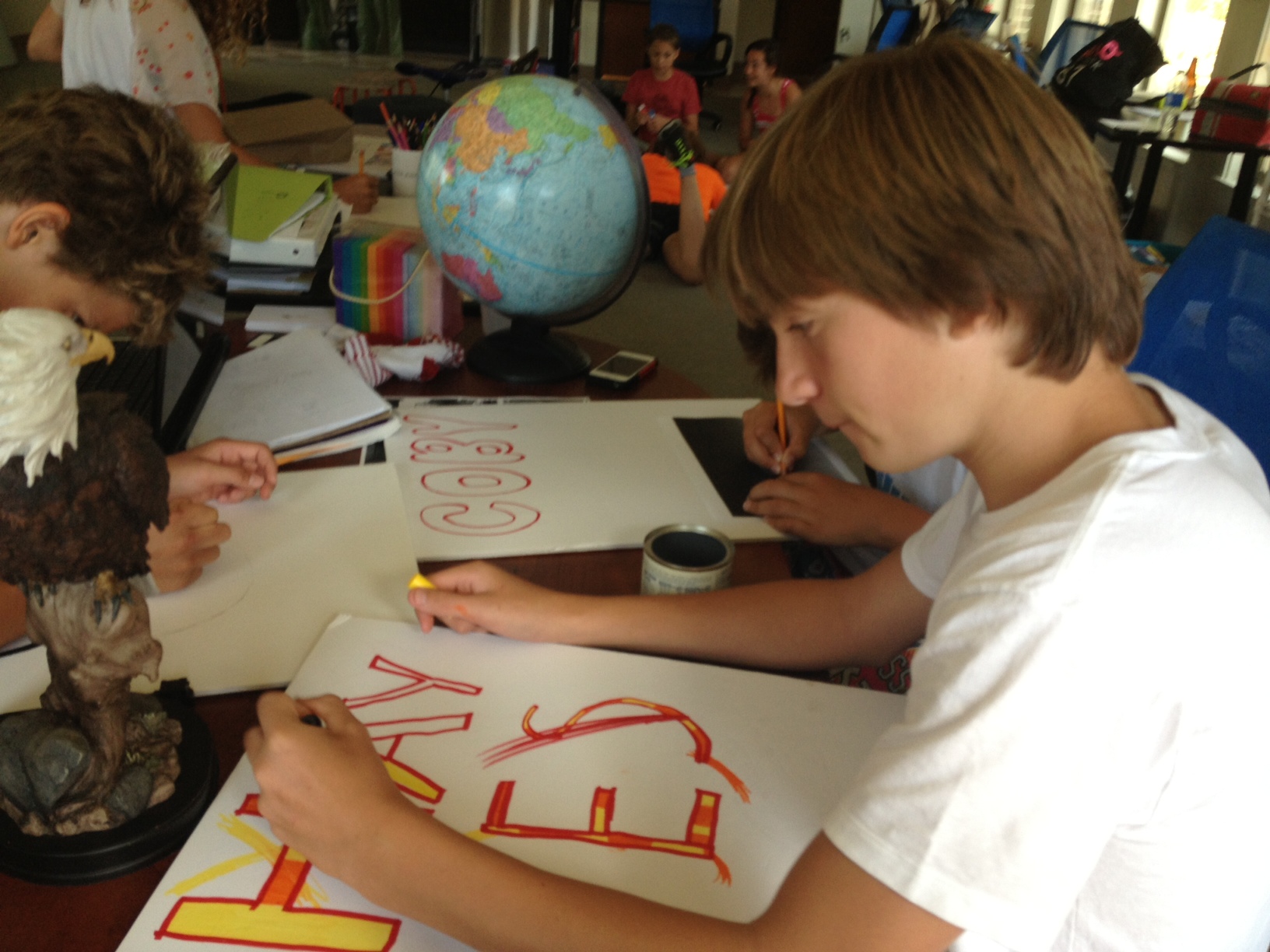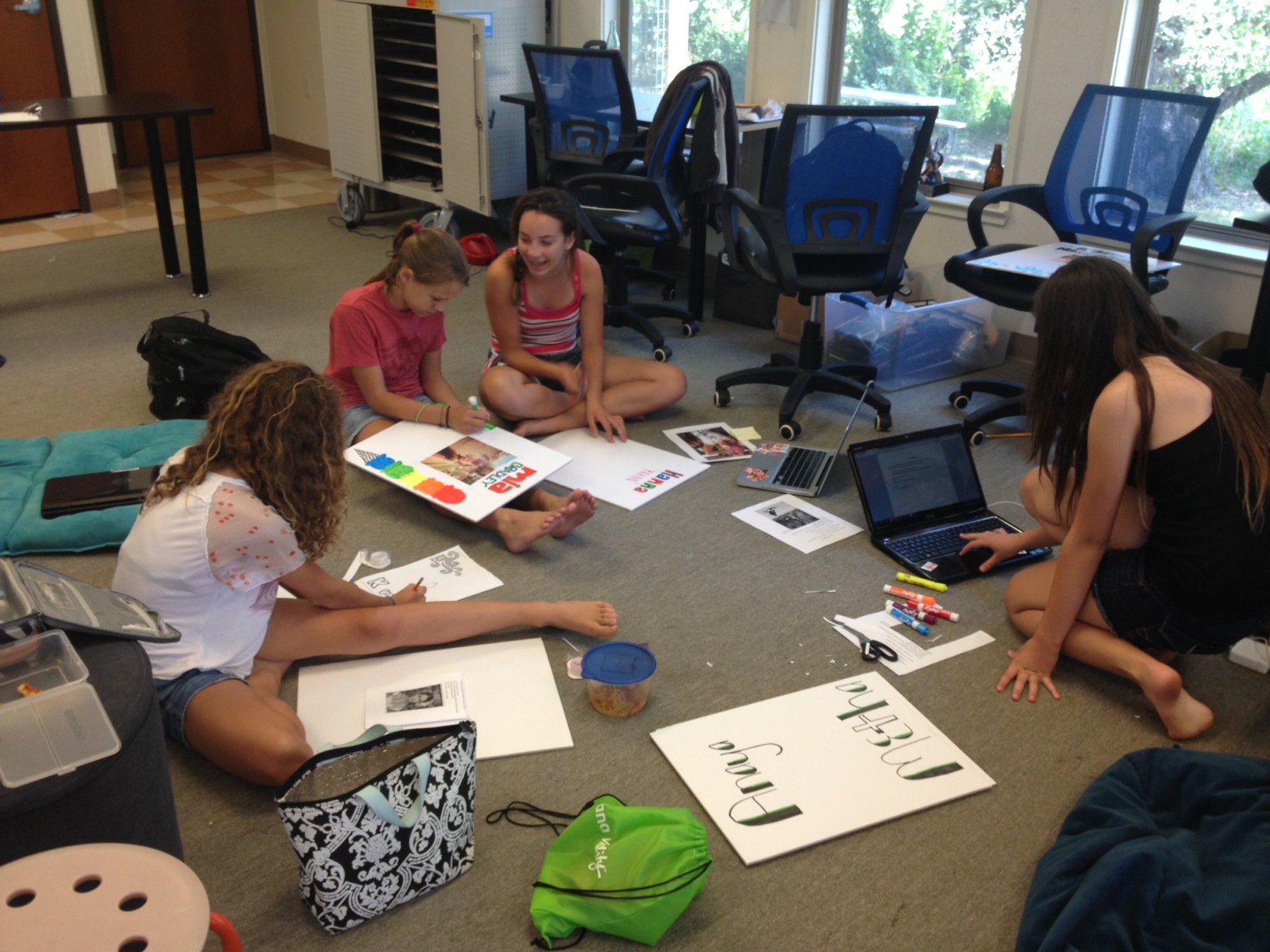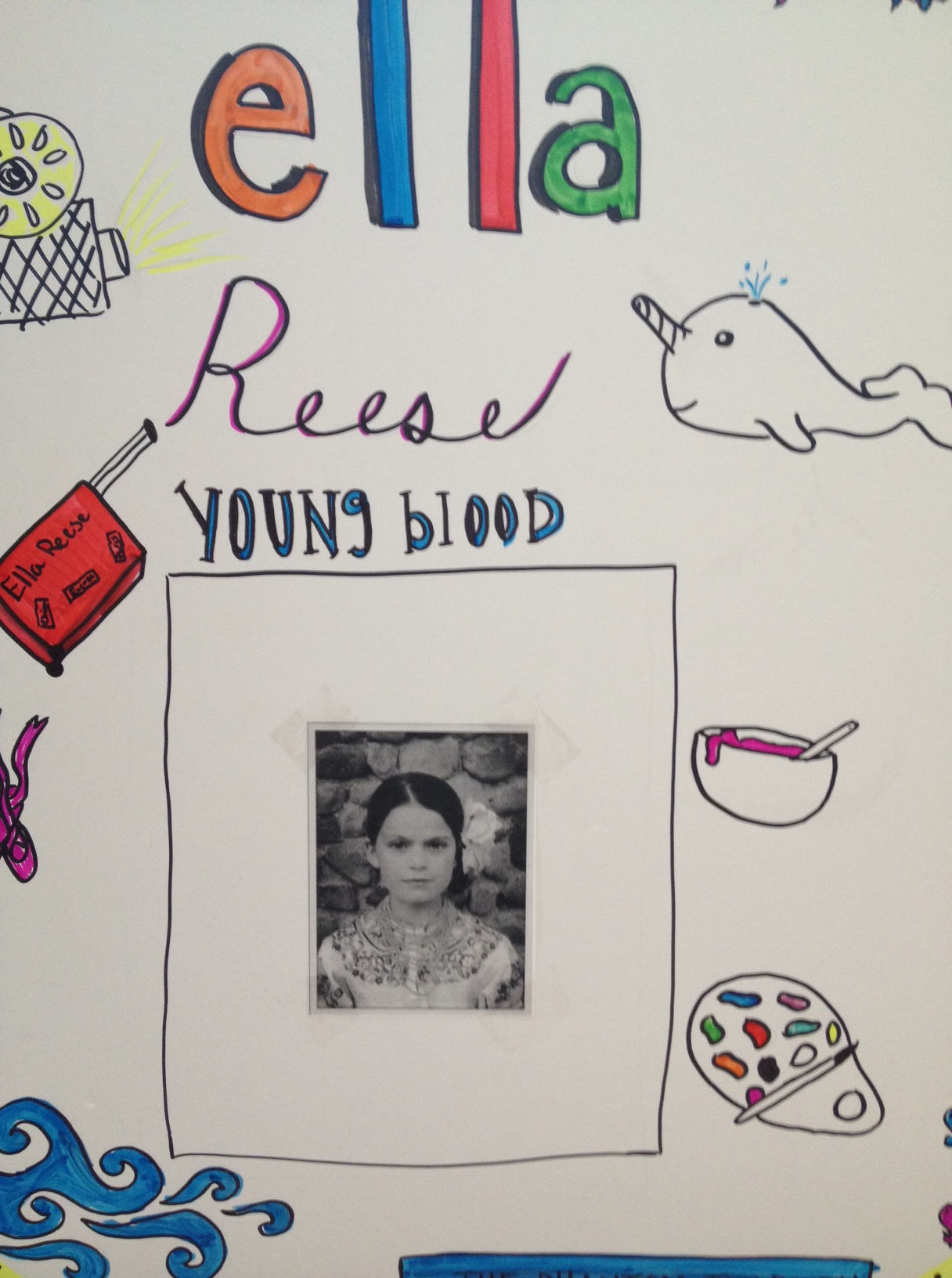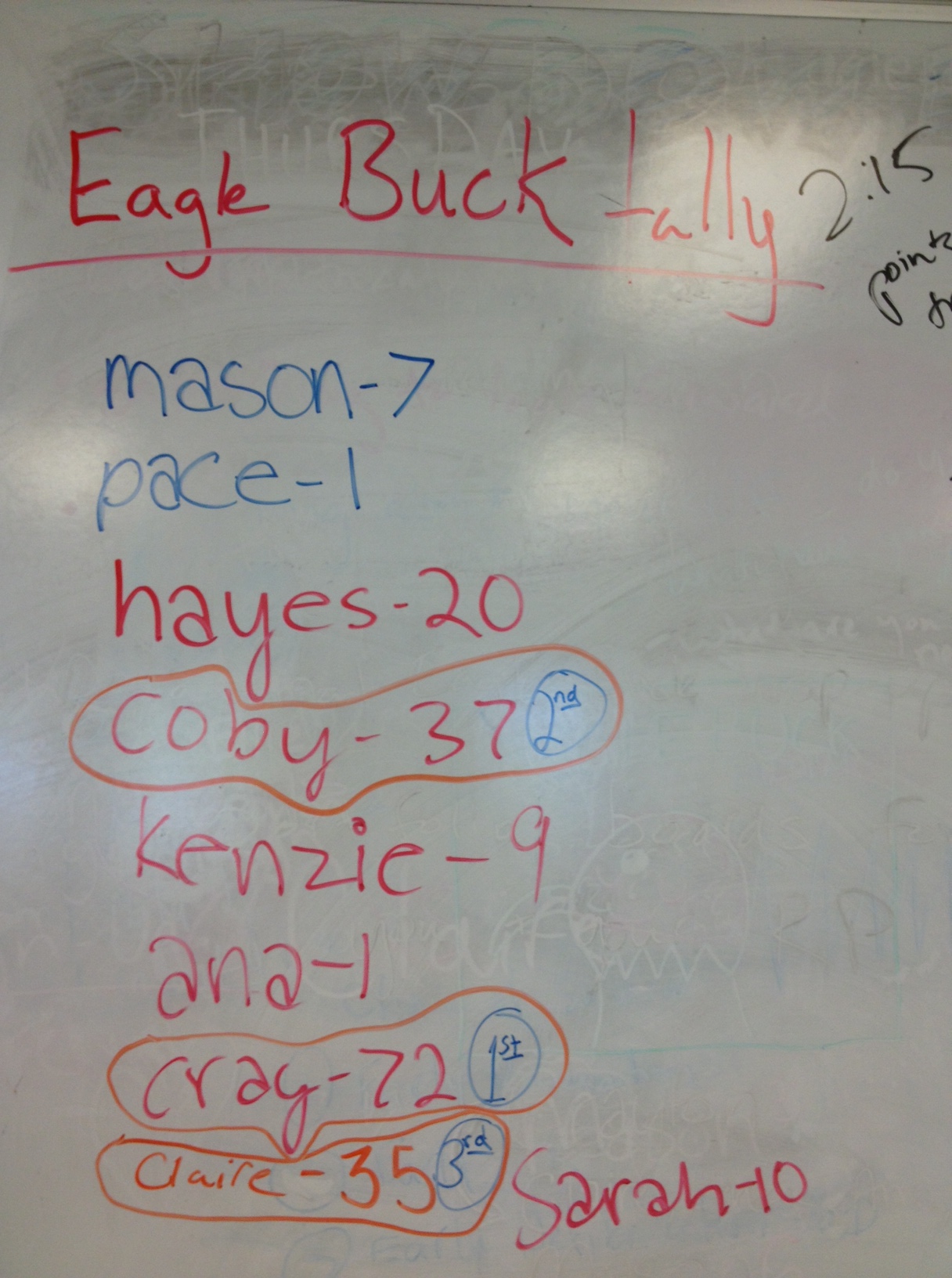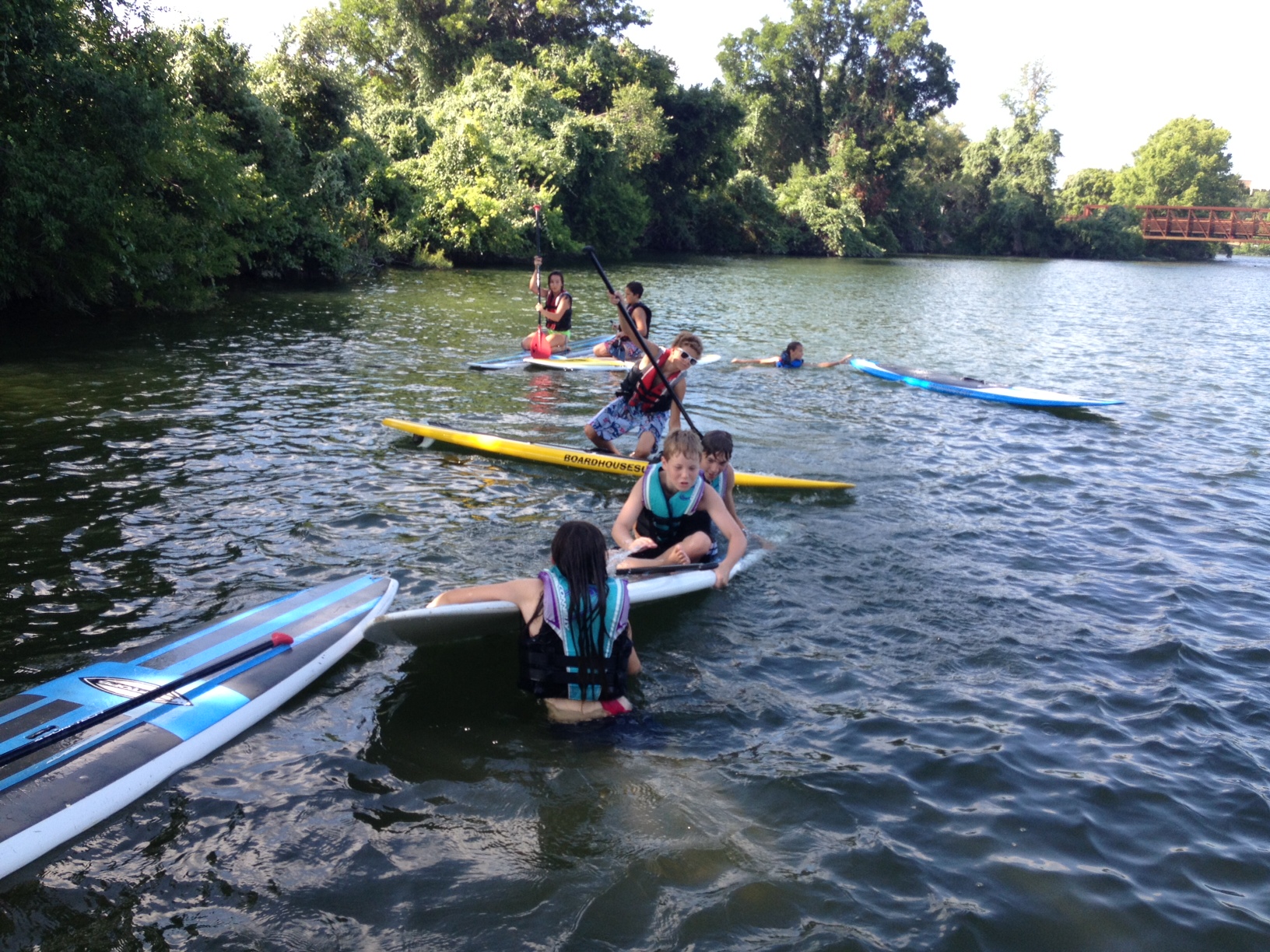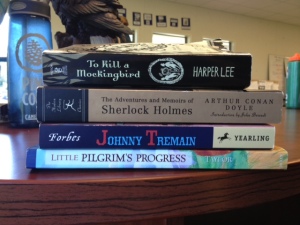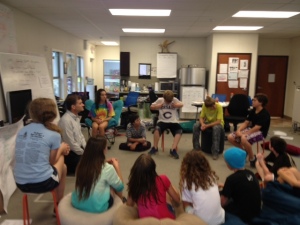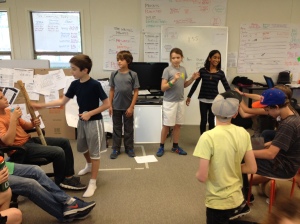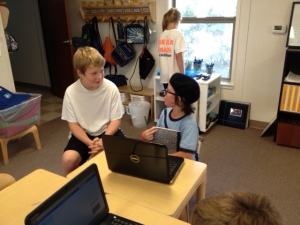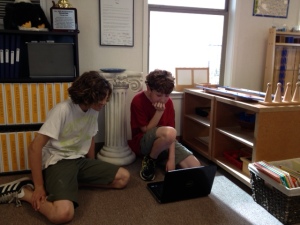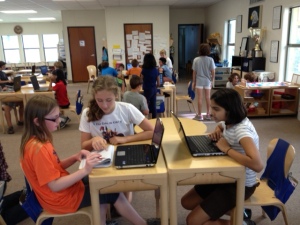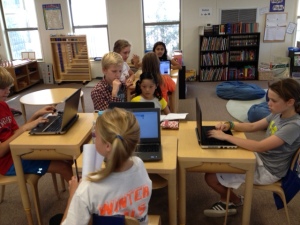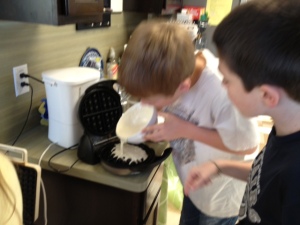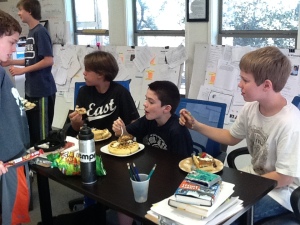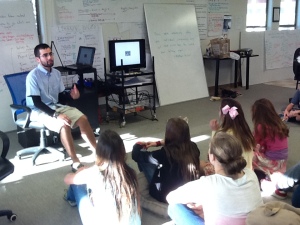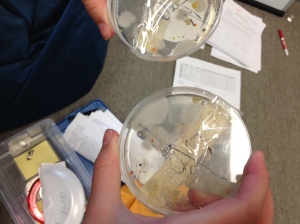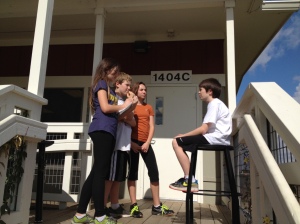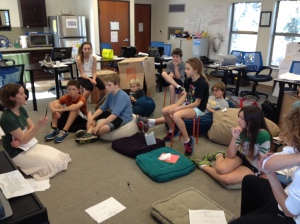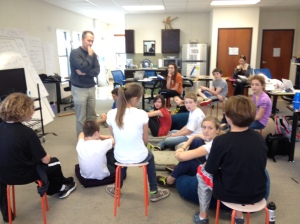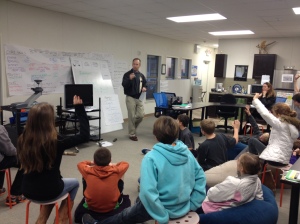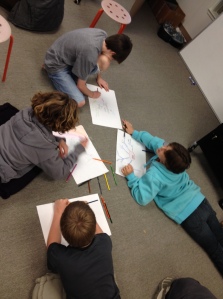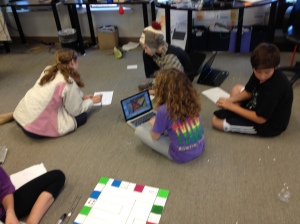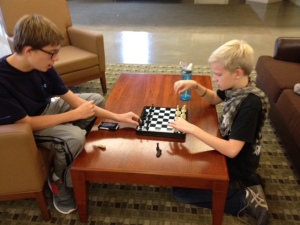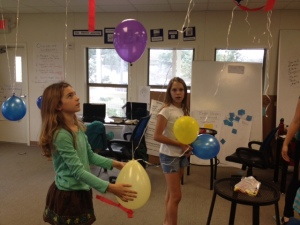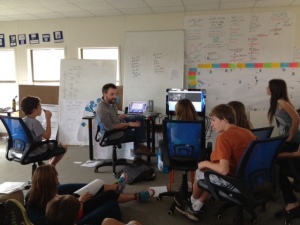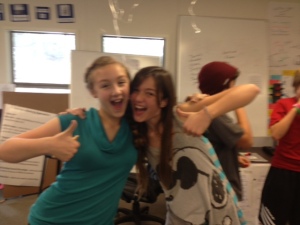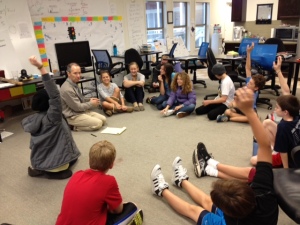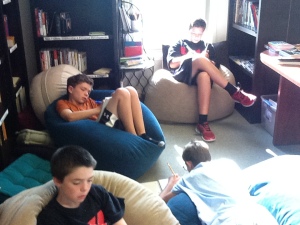According to a recent customer satisfaction survey, our Eagle love to wrestle with ethical dilemmas we often use for morning launches. Would you like to give one a try?
Ethical Dilemma One
You take your six year old niece and a friend to the beach. Suddenly, a scream and you see the girls being swept to sea by a riptide. As you swim out, you realize you can only save one girl at a time. Your niece is the stronger swimmer, but there’s at best a 50/50 chance she’ll drown if you save her friend first. Who do you choose to save? Which of the following ethical frameworks would you use to make your decision and why?
- Utilitarian (cost/benefit)
- Justice-Fairness (treat everyone the same)
- Virtue (do the right thing)
- Judeo-Christian (act out of love, no matter what)
Ethical Dilemma Two
While taking a high stakes college admissions test, the stranger next to you appears to be cheating. She is poorly dressed and seems ill. This may be her only shot at college, and she may have braved great odds to get this far. Do you turn her in or not?
Would it change your answer if you knew the person well and didn’t like them? If it was your best and only friend, who recently stood by you in difficult times? If it was your brother?
What consideration, if any, do you owe to every human being? Do you have a special duty to a family member? To one of your “tribe?” To a fellow American? Do these same duties extend to animals?
Ethical Dilemmas are like airplane simulators: a chance to practice making difficult decisions under pressure, so you can make better decisions in the real world, when lives, fortune and honor are at risk.
At Acton Academy, our educational philosophy is:
- The right analysis and thinking lead to the right decisions;
- The right decisions become virtuous habits;
- Virtuous habits deeply etch the lines of character; and
- Character determines destiny.
Ethical dilemmas are just one more way our Eagles prepare for the destinies worthy of a hero.
